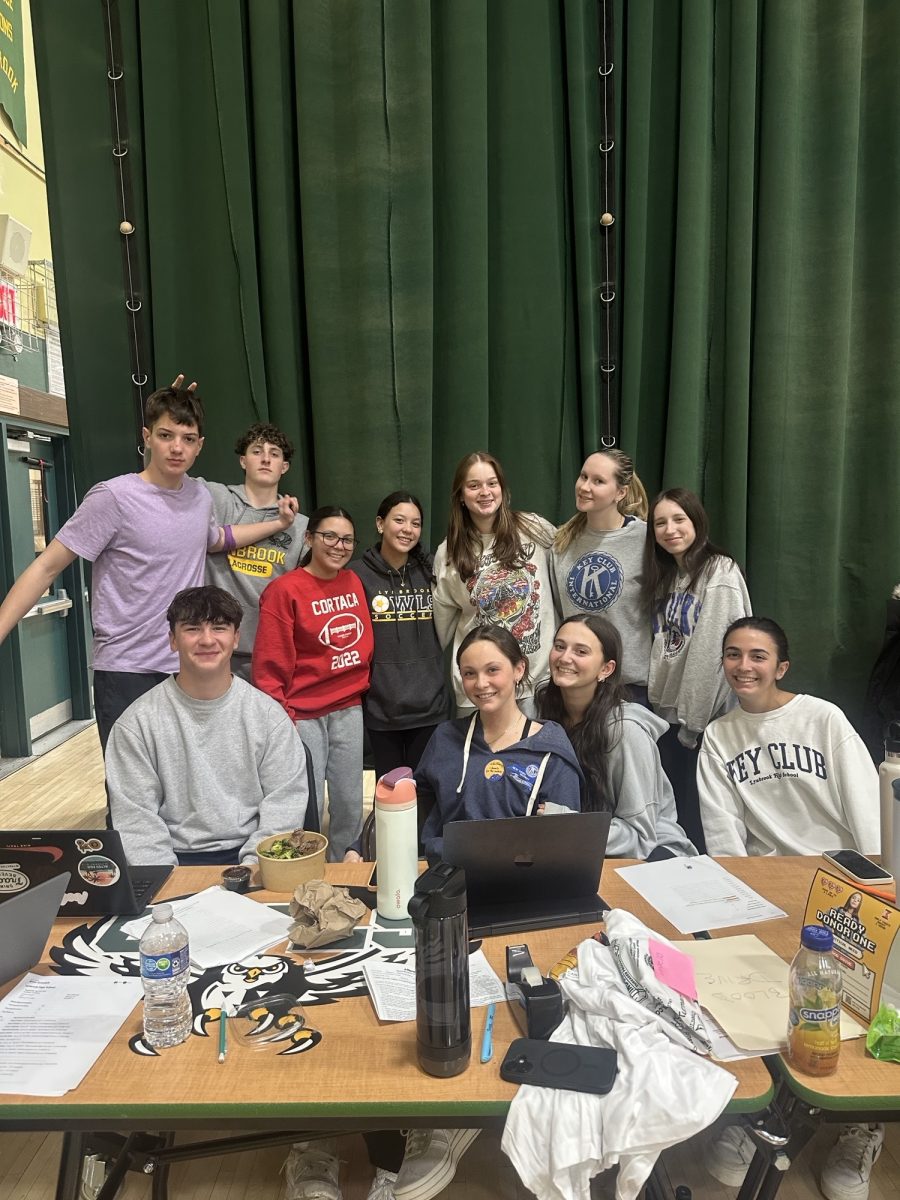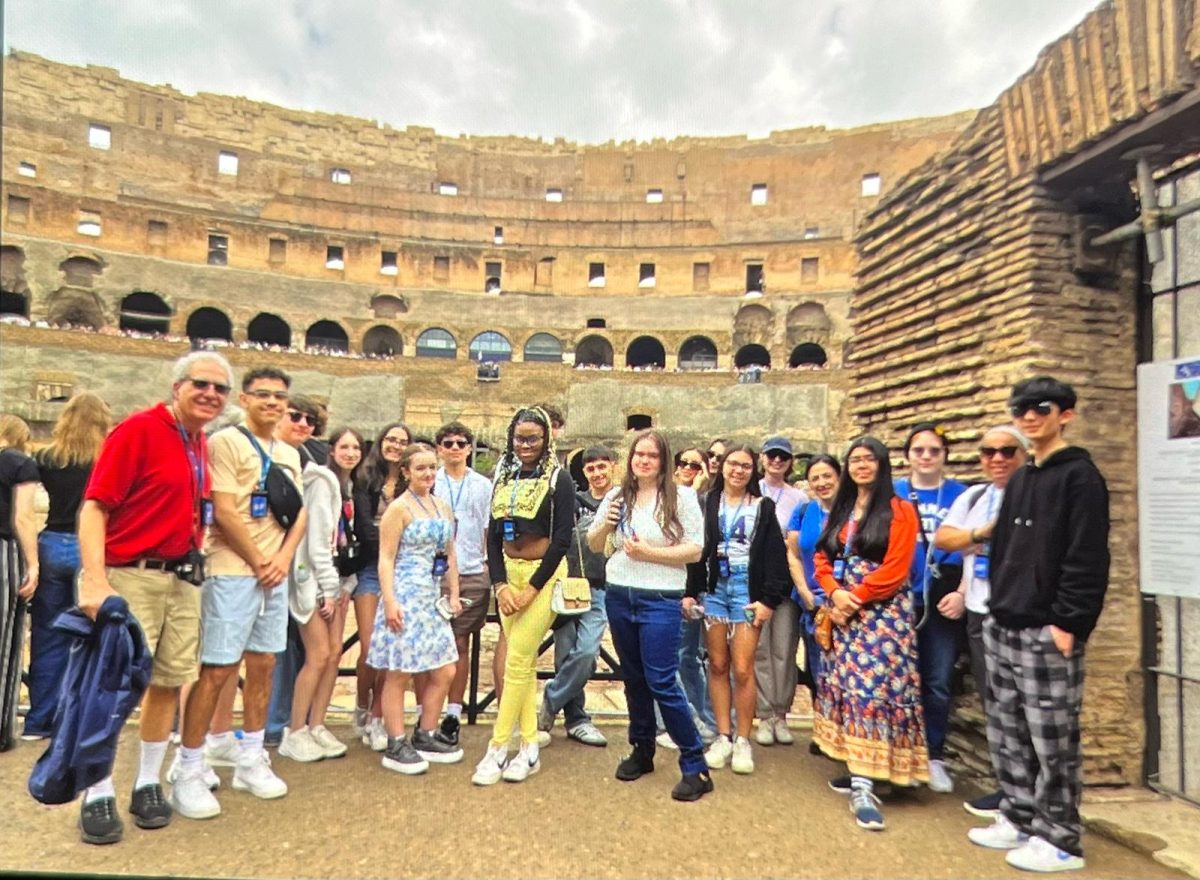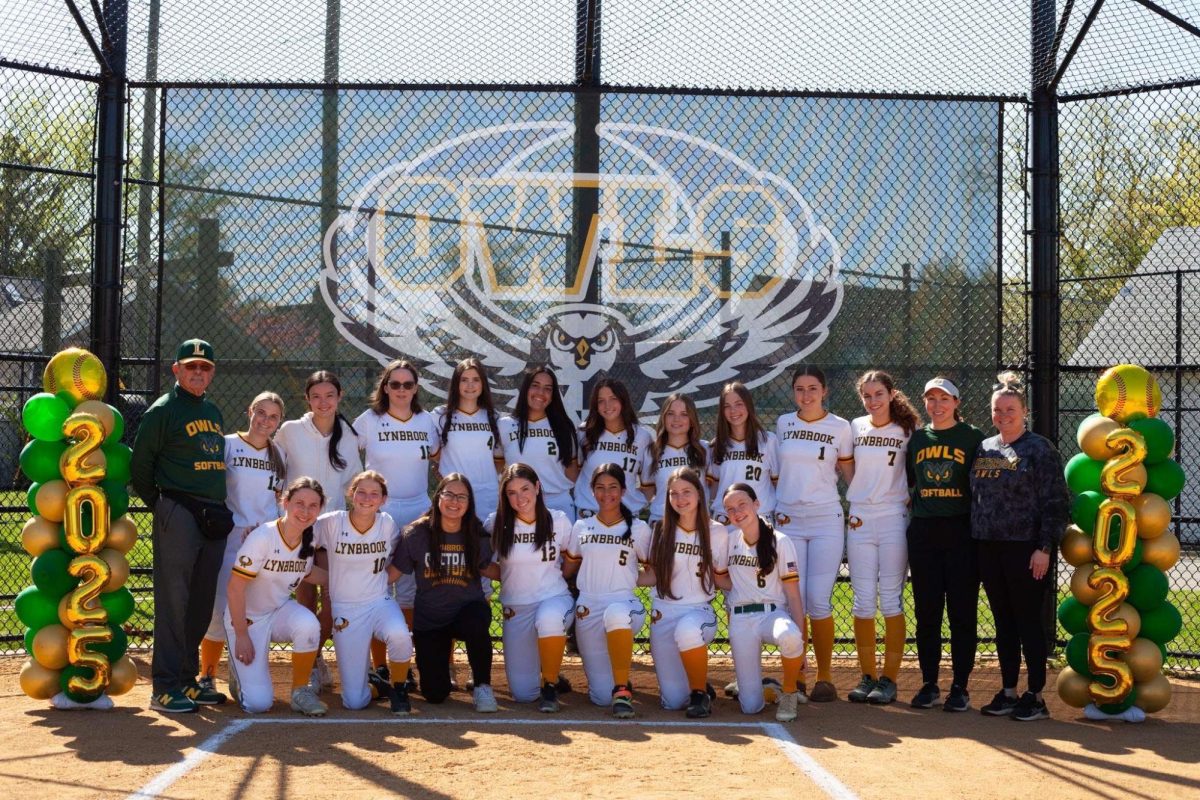What Nationalism Means for the Nation
In the past, politicians typically refrained from identifying as “nationalists” due to the supremacist connotations that recent history has associated with the word. At a rally in Houston, Texas, on Oct. 22, however, President Trump did so, hoping to unite his support base against the supposed “blue wave” destined for the November midterms.
With respect to the Democratic party, Trump told the crowd, “They have a word, it’s sort of became old-fashioned: it’s called a nationalist. And I say, ‘Really, we’re not supposed to use that word.’ You know what I am? I’m a nationalist, okay?” When asked the next day for the reasons behind his choice of words, especially given the link between nationalism and racist organizations within the US, President Trump swore ignorance, stating, “It’s a word that hasn’t been used too much. Some people use it, but I’m very proud. I think it should be brought back.”
As a rule, politicians stray from use of the term due to withstanding associations. Abroad, it is employed to address aggressive foreign entities. At home, it carries a deeper connotation—either to describe reactionaries or racist groups (such the phrase, “white nationalist”).
Nevertheless, an errant Trump has taken the path less traveled. In line with his record, the President embraced the extreme with a bundle of explanations and exceptions. According to Trump, “nationalist” simply describes his America First policy best, in a way which is not so different from the isolationist movement prior to the Second World War.
Within hours of Trump’s speech, the opposition criticized his comments, particularly for implying that Democrats serve “corrupt, power-hungry globalists” at the expense of American interests. Some students at LHS shared in this disapproval. “It seems unfair that he can say he is a nationalist, then say he doesn’t know the word’s meaning without admitting he is ignorant,” junior David Castillo lamented.
Aware of the history of nationalism in other nations, junior Billy Wren noted the similarity of the situation to that of past regimes: “The President claims he is a nationalist, rejects the press, is friendly to foreign dictators, and wants to put his political rivals in prison,” he said, “It doesn’t take much to put two-and-two together,” added Wren.
All this comes during an election season where the President has reverted to his populist edge, decrying liberals, immigrants, the press, and his own staff for hubris and disloyalty. More than ever before, Trump has run on the anti-globalist bent, seemingly viewing globalism itself as an obstacle to America’s economic well-being.
Earlier this year, the President denied any such belief, affirming world leaders at the World Economic Forum: “America first does not mean America alone.”
While campaigning for Texas Governor Ted Cruz (Rep.), however, his stance seems to have switched once again, albeit sparingthe equivocation. Globalists are the enemy once more; the ones hoping to compromise American prosperity, diminish our military and economic infrastructure, and open the door to criminals, terrorists, and illegal immigrants. “For years, you watched as your leaders apologized for America,” the President said at the rally in Houston. “They apologized. Now you have a president who is standing up for America.” Whether President Trump knows it or not, he may be the reason future leaders are apologizing for America yet again.
I am a sophomore contributor to Horizon, a New York resident since 2002, and child of the New Millenium.

































